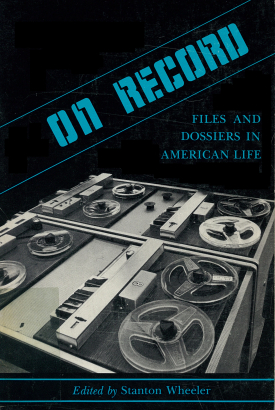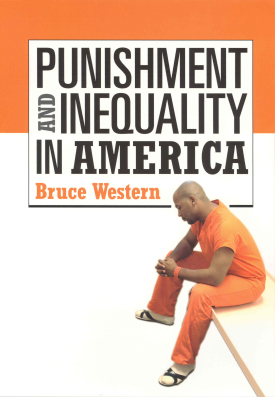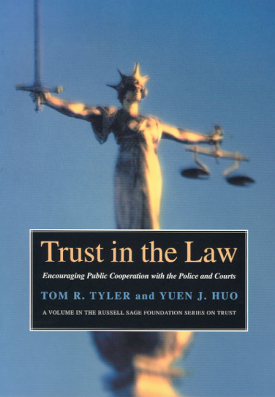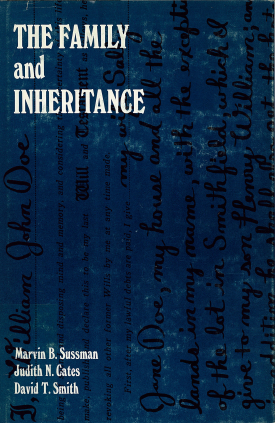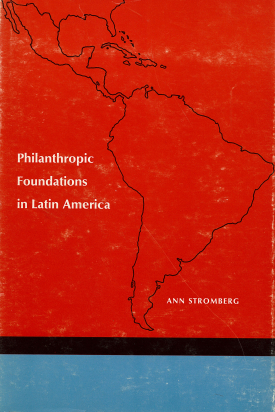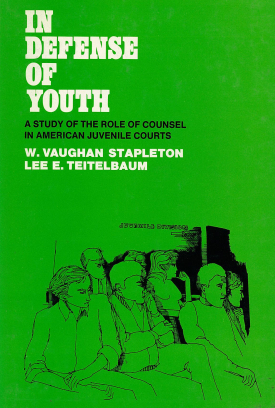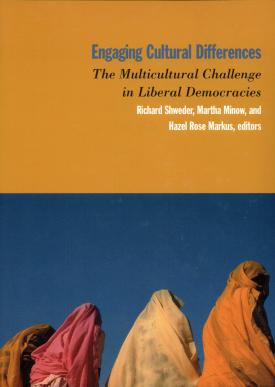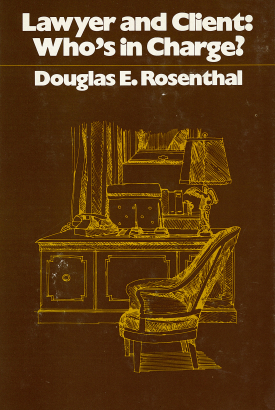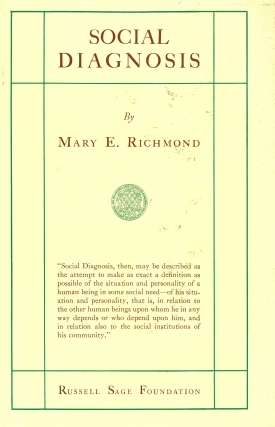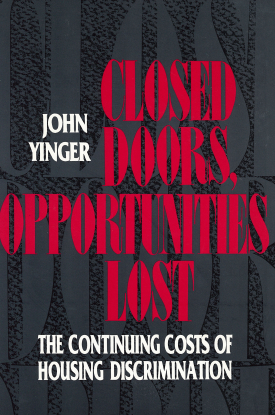
Closed Doors, Opportunities Lost
About This Book
"Yinger writes as if four decades of protest and progressive legislation have barely altered the terrain upon which minority Americans struggle for equality. He's right....Yinger figures that housing discrimination costs black homebuyers $5.7 billion and Hispanic homebuyers $3.4 billion every three years." —Washington Monthly
Nearly three decades after the passage of the Fair Housing Act, illegal housing discrimination against blacks and Hispanics remains rampant in the United States. Closed Doors, Opportunities Lost reports on a landmark nationwide investigation of real estate brokers, comparing their treatment of equally qualified white, black, and Hispanic customers. The study reveals pervasive discrimination. Real estate brokers showed 25 percent fewer homes to the minority buyers, and loan agencies were 60 percent more likely to turn down minority applicants. Realtors and lenders also charged higher prices to minority buyers, withheld or gave insufficient financial and application information, and showed them homes only in non-white neighborhoods. Residents of minority neighborhoods faced further difficulties trying to sell their homes or obtain housing credit and homeowner's insurance.
Economist John Yinger provides a lucid account of these disturbing facts and shows how deeply housing discrimination can affect the living conditions, education, and employment of black and Hispanic Americans. Deprived of residential mobility and discouraged from owning their own homes, many minority families are unable to flee stagnant or unsafe neighborhoods. Two thirds of black and Hispanic children are concentrated in high-poverty schools where educational achievement is low and dropout rates are high. The employment possibilities for minority job-seekers are diminished by the ongoing movement of jobs from the cities to the suburbs, where housing discrimination is particularly severe. Altogether, these effects of housing discrimination create a vicious cycle—discrimination imposes social and economic barriers upon blacks and Hispanics, and the resulting hardships fuel the prejudice that leads whites to associate minorities with neighborhood deterioration.
Closed Doors, Opportunities Lost provides a history of fair housing and fair lending enforcement and joins the intense debate about integration policy. Yinger proposes a bold, comprehensive program that aims not only to end discrimination in housing and mortgage markets but to reverse their long-term effects by stabilizing poorer neighborhoods and removing the stigma of integration. He urges reforms to strengthen the enforcement powers of HUD and other agencies, provide funding for poor and integrated schools, encourage local housing and race-counseling programs, and shift income tax breaks toward low-income homebuyers.
Closed Doors, Opportunities Lost provides valuable insight into the causes, extent, and consequences of housing discrimination—undeniably one of America's most vexing and important problems. This volume speaks directly to the ongoing debate about the nature and causes of poverty and the underclass, civil rights policy, the Community Reinvestment Act, and the plight of our nation's cities.
JOHN YINGER is professor of economics and public administration, and director for the Metropolitan Studies Program at the Center for Policy Research, the Maxwell School, Syracuse University.

